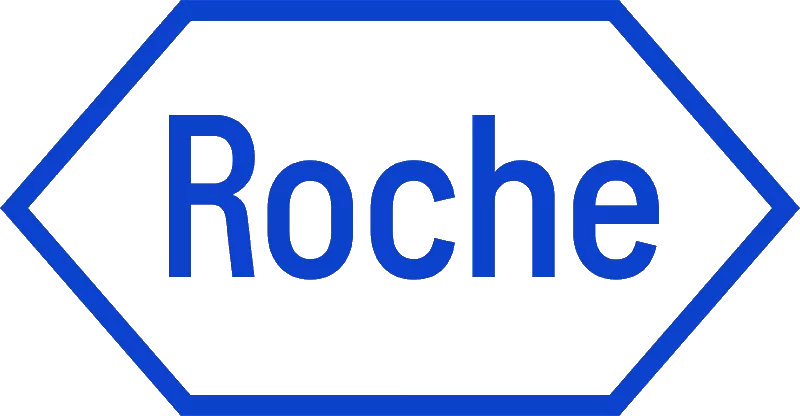
Tecentriq® (atezolizumab) is a monoclonal antibody designed to bind with a protein called PD-L1, which is expressed on tumor cells and tumor-infiltrating immune cells. By blocking PD-L1, Tecentriq® helps to restore the body’s immune response against cancer cells. Tecentriq® is approved for use in various forms of cancer, including non-small cell lung cancer (NSCLC), small cell lung cancer (SCLC), hepatocellular carcinoma (HCC), and urothelial carcinoma. It is used both as a monotherapy and in combination with other treatments.
Urothelial carcinoma, also known as transitional cell carcinoma, is a type of cancer that typically begins in the urothelial cells lining the inside of the bladder. It can also occur in the lining of other parts of the urinary tract, such as the renal pelvis, ureters, and urethra. This form of cancer is the most common type of bladder cancer, accounting for about 90% of all bladder cancer cases. Risk factors include smoking, exposure to certain chemicals, chronic bladder inflammation, and a history of bladder cancer. Symptoms often include blood in the urine, frequent urination, and pain during urination. Treatment options vary depending on the stage and location of the cancer and may include surgery, chemotherapy, radiation therapy, and immunotherapy.
Companion diagnostic testing is crucial in determining the eligibility of patients with urothelial carcinoma for treatment with Tecentriq® (atezolizumab). This testing involves assessing the expression of the PD-L1 protein on tumor cells and tumor-infiltrating immune cells. Tecentriq® works by targeting and inhibiting PD-L1, thereby reactivating T-cells to attack the cancer. By identifying patients whose tumors express high levels of PD-L1, companion diagnostic tests help ensure that Tecentriq® is prescribed to those who are most likely to benefit from this immunotherapy. This targeted approach enhances the effectiveness of the treatment, providing a more personalized and potentially more successful therapeutic option for patients with urothelial carcinoma.

Order this test through your EHR if you have an interface with Quest, via Quanum, or by paper requisition.

Order this test through your EHR if you have an interface with Labcorp, via Labcorp Link, or by paper requisition.

This companion diagnostic was developed by an IVD manufacturer as a kit. This is a valid FDA approved test if utilized by 3rd party diagnostic labs who have validated the test using the kit on the specified platform. It is not directly orderable from the manufacturer.
Tecentriq® (atezolizumab) is a monoclonal antibody designed to bind with the protein PD-L1, which is expressed on tumor cells and tumor-infiltrating immune cells. By inhibiting PD-L1, Tecentriq® helps restore the body’s immune response, enabling T-cells to attack cancer cells more effectively. This mechanism is particularly beneficial for treating urothelial carcinoma, a type of bladder cancer.
Patients with locally advanced or metastatic urothelial carcinoma are eligible for Tecentriq® if their cancer expresses the PD-L1 protein. This is determined through companion diagnostic testing, which assesses PD-L1 levels on tumor cells and tumor-infiltrating immune cells.
Companion diagnostic testing is crucial for identifying patients who are most likely to benefit from Tecentriq®. This test measures the expression of PD-L1 on tumor cells and tumor-infiltrating immune cells. High levels of PD-L1 indicate that the patient may respond well to Tecentriq® treatment, making it an essential step in the decision-making process.
Common side effects of Tecentriq® include fatigue, decreased appetite, nausea, urinary tract infection, fever, and constipation. Severe side effects can include immune-mediated reactions such as pneumonitis, hepatitis, colitis, and endocrinopathies. Patients should be closely monitored for these side effects during treatment.
Tecentriq® is administered intravenously. The standard dosage for urothelial carcinoma is 1200 mg every three weeks. The exact dosage and schedule may vary based on individual patient needs and response to treatment. It is important to follow the healthcare provider’s instructions for administration.
Patients should inform their healthcare provider about any existing medical conditions, including immune system disorders, organ transplants, or any other health issues. It is also important to discuss all medications being taken, as Tecentriq® can interact with other treatments. Patients should report any new or worsening symptoms immediately to their healthcare provider to manage potential side effects effectively.

Founded more than 40 years ago, Genentech is a leading biotechnology company that discovers, develops, manufactures and commercializes medicines to treat patients with serious and life-threatening medical conditions. The company, a member of the Roche Group, has headquarters in South San Francisco, California. For additional information about the company, please visit http://www.gene.com.